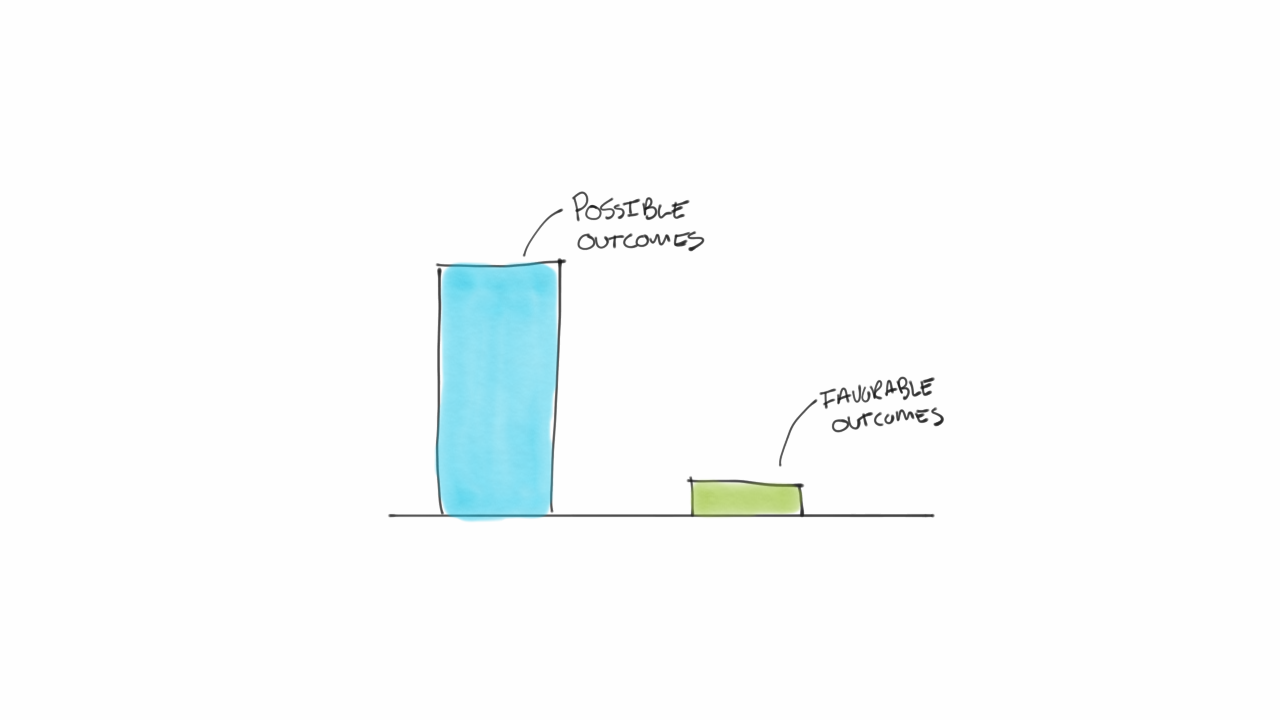
Reimagining Triage in Musculoskeletal Health Care
Musculoskeletal disorders (MSDs) represent a significant burden on healthcare systems globally. Traditionally, the approach to managing MSDs has followed a triage model, with interventions typically starting from the most invasive or aggressive options and progressing towards more conservative measures if needed. However, evidence suggests that this approach may be fundamentally flawed, as it fails to prioritize the least invasive and most cost-effective treatments. A paradigm shift towards a more patient-centric and evidence-based model is needed. It entails flipping the current model on its head, starting with the most conservative and evidence-based interventions first and escalating only if necessary. This approach holds the potential for significantly improved patient outcomes and cost savings.

Embracing Uncertainty in Clinical Decision Making
-Physical rehabilitation is complex due to human variability in responses to interventions.
- Traditional, deterministic decision-making models may not be optimal for developing treatment plans.
- Rehabilitation professionals must take an individualized and personalized approach to treatment for successful outcomes.
- This approach involves considering each patient's unique circumstances and can involve a multidisciplinary approach.
- Individualized treatment plans increase the likelihood of successful rehabilitation outcomes.
